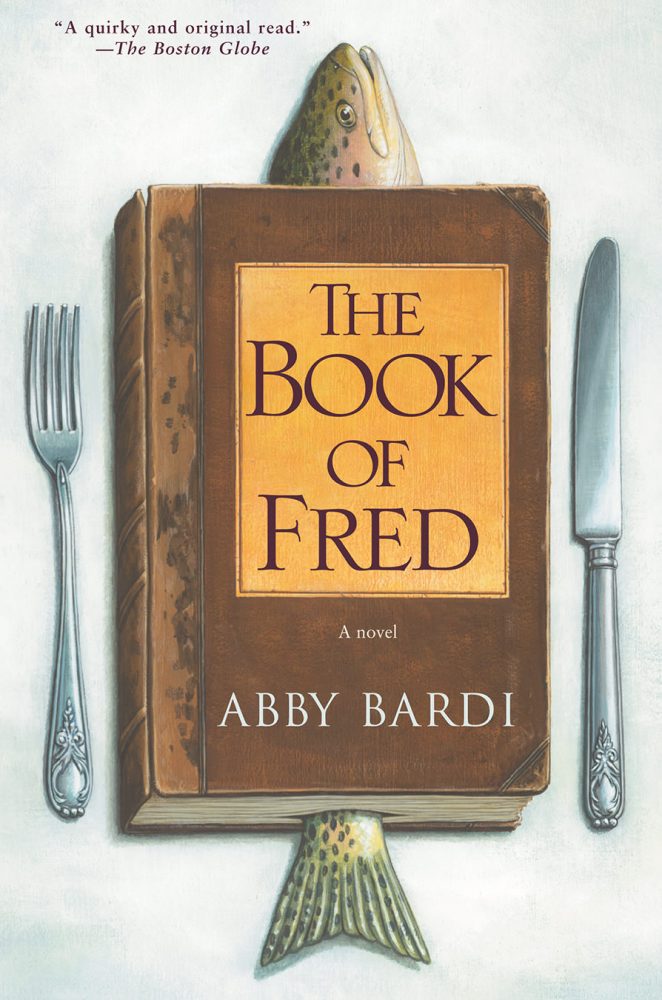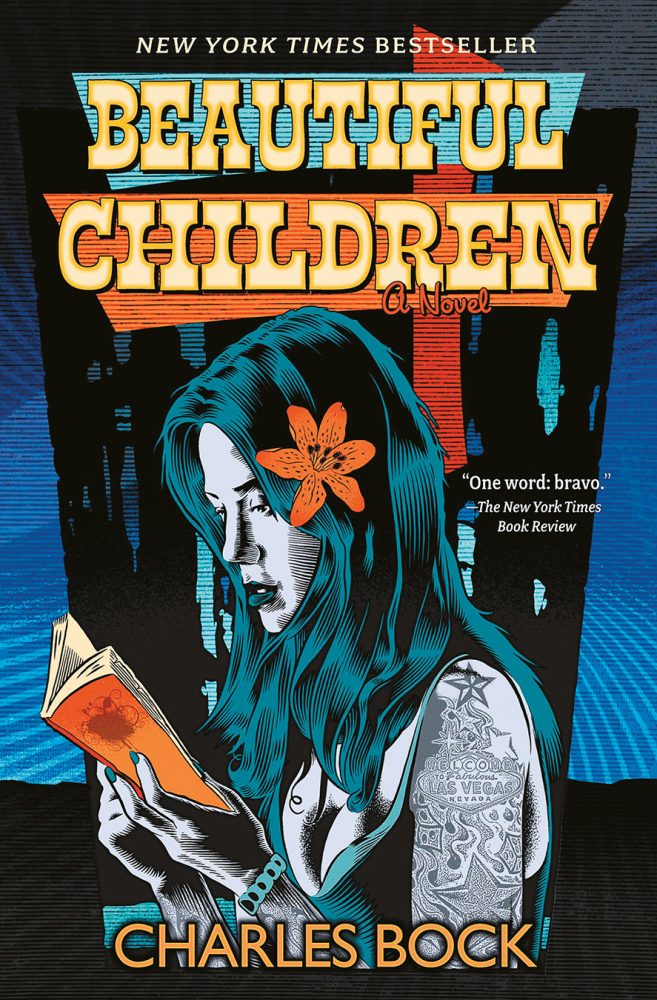Some writers have perfect pitch. Their voices rise off the page like those of old friends. Their characters sound like people you’ve been waiting your whole life to meet. Voice is something that writers and readers and publishing professionals talk about with reverence. It is the distillation of character: the words left in and the words taken out—that magical intuition of art and craft that leaves the lasting impression. Here are three books whose authors have created voices that lurch, dance and sometimes, fly off the page.
Nick Hornby, best-selling author of High Fidelity and About a Boy, is a prodigious conductor of voices. In his 2005 novel, A Long Way Down, a grim premise is enhanced by a strangely comic despair, but the real strength of the novel lies in the voices of the four first person narrators.
A Long Way Down alternates between the stories of Martin, a disgraced TV host; Maureen, exhausted mother of a severely disabled child; Jess, a breathtakingly bitter, traumatized teen; and JJ, an American in London, failed musician, dumped boyfriend and pizza deliveryman. The narrators are sharply defined, as much by their diction as their personal journeys. Each comic (or tragic) set piece is given shape by their varying tones. The four meet on top of a 15-storey building on New Year’s Eve, all intending to kill themselves. This unexpected suicide traffic jam causes them to reconsider and form a sort of suicide delay club. Their reasons to live or not to live in this world are hilarious, unsentimental and utterly compelling. But these co-conspirators find their essence as much in their symphony of voices as in life’s improbable drama.
The Book of Fred, a debut novel by Abby Bardi (2001), is another tour de force of first person narration. Fifteen-year-old Mary Fred was raised in an isolated religious sect entirely under the sway of the prophet Fred. When her younger brothers Fred and Freddie die of a curable illness (thanks to prophet Fred’s aversion to medicine), her parents are jailed and Mary Fred is placed in foster care.
The Book of Fred is divided into five long sections, each narrated by one of the characters in the foster family. We hear from Mary Fred first and last and watch her character gain experience and an awareness of who she is away from the influence of Fred. Her narration begins like something from Faulkner:
“When Little Freddie took sick, I knew things would change, and change fast … I laid my hand on his forehead and said ‘Get thee hence’ a bunch of times, but it didn’t help. That night I had a dream that the Archangel Willie came to me and said, ‘Lo, Mary Fred, thou wilt be traveling down the road. Thou wilt be somewhere else when the Big Cat comes. So look to yourself and say Ho.’ When I woke up, I said Ho a bunch of times. Then I went to see Little Freddie, but he was already gone.”
By the end of the novel, Mary Fred has been transformed and so has everyone around her: Alice, her lonely foster mother; Heather, Alice’s fiercely satirical daughter; and the addicted and unemployed Uncle Roy. The voice of each character is so seductive that with each narratorial change, you feel bereft, but soon fall under the spell of the voice that follows.
First-person narration may be the most intimate, but in the hands of a skilled writer, third person point of view that hovers selectively around a series of characters can take us far inside their world and resonate as if inside their individual brains. So it is with Charles Bock’s first novel, Beautiful Children (2008). The audio version, read by Mark Deakins, is a seedy riot of fascinating voices. The story is set in Las Vegas and follows a haunted and haunting cast of characters living in that city on the edge. These include Newell, a 12-year-old who runs away from home; his uptight ex-showgirl mother; her Las Vegas executive husband; a stripper named Cheri Blossom; her physically compelling and mentally unprepossessing boyfriend, Ponyboy; a marginal cartoonist called Bing Beiderbixxe; and Kenny, the sad young man who takes Newell on his journey to nowhere.
Beautiful Children is like an overripe fruit falling to earth. The sense of impending disaster is palpable as one listens to Deakins’s rich narration of Bock’s evocation of latter-day Vegas.
All three books, which I highly recommend, are filled with voices that keep whispering long after the pages have been closed.











